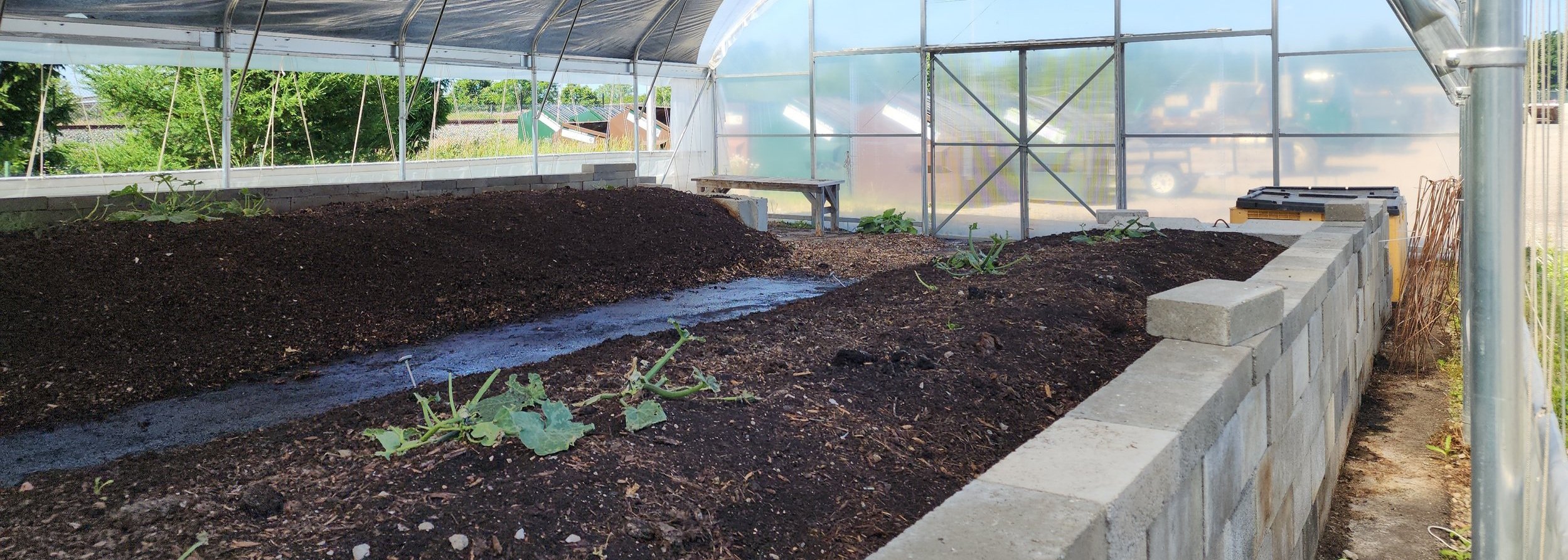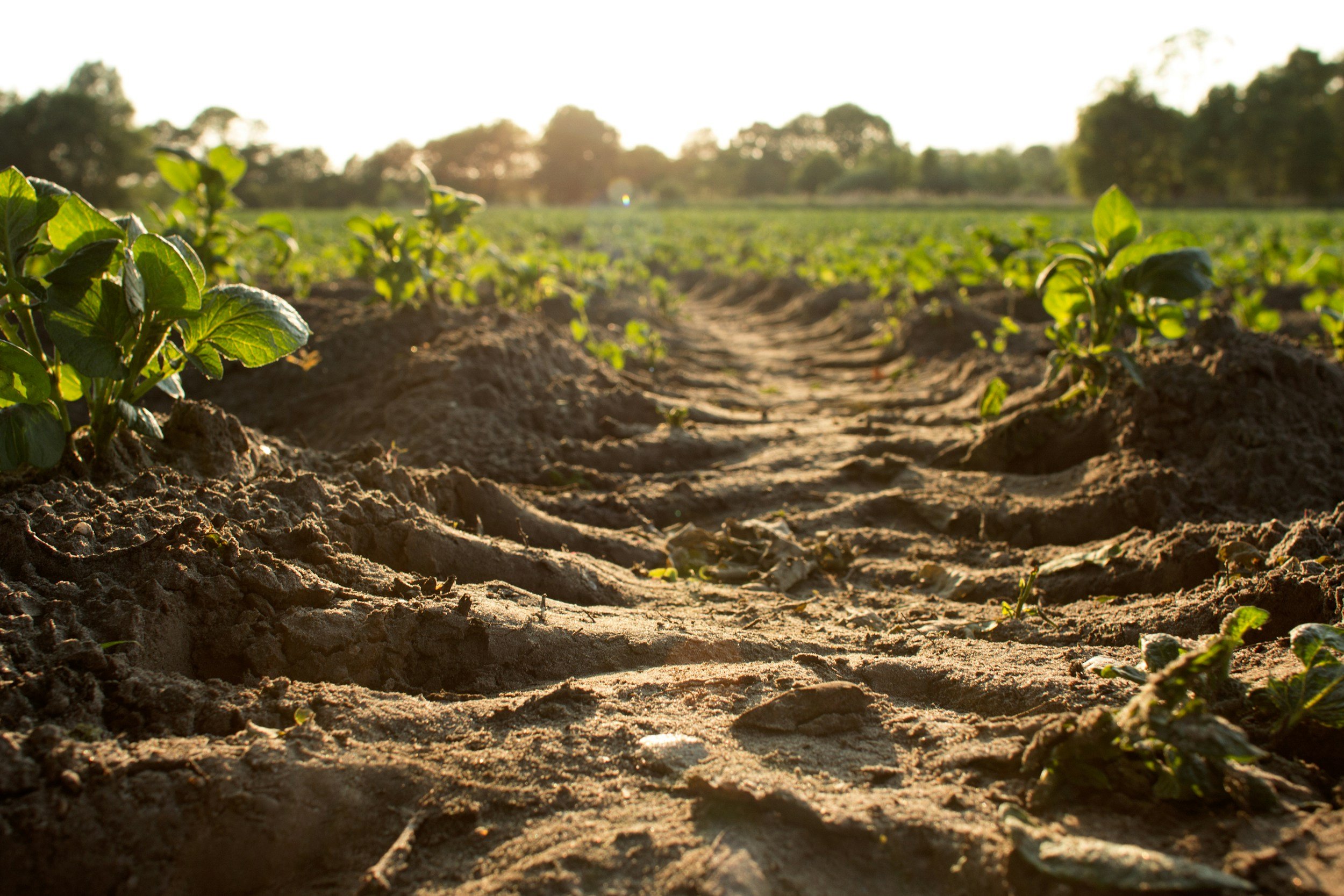
University of Michigan: Composting Program
University of Michigan: Composting Program
Client
University of Michigan
Industry
Colleges & Universities
Our Role
Providing compost program expansion options
The Challenge
Increasing compost collection to reach sustainability goals
The University of Michigan (U-M) is a leading public research university with over 43,000 students in Ann Arbor, Michigan. Facing interest from various campus entities for an expanded composting program, U-M needed to overcome limitations with the existing composter and sought RRS's expertise to study options for an all-encompassing program. The main goals and considerations were:
Existing Composting Program: Included yard waste and pre-consumer food waste in some buildings, but wanted to expand to covering every building on campus.
Further Expansion Goals: U-M aimed to expand beyond yard waste and pre-consumer food waste to include all compostable materials, covering every building on campus.
Capacity Limitation: The current composter (City of Ann Arbor) had limited capacity, necessitating a new solution.

Since FY 2010, U-M has seen an increase in the volume of composted food waste from 126,097 lbs. to 337,298 lbs. in FY 2014
Strategic Approach
Our data-driven approach ensures efficient, effective, and reliable plans and strategies.
U-M hired RRS to study the campus’s expanding composting program options. This included providing recommendations on the most appropriate processing technology and the most relevant sites based on each technology. The study also considered composting costs, impacts on truck routing, and the feasibility of adding new compostable sources.

Data Collection: Gathered sufficient data for accurate compostables estimation and cost assessment.

Planning & Program Development: Developed a detailed phased plan for campus-wide implementation, considering waste amounts and available organics.

Waste Characterization: Conducted a detailed waste characterization on six buildings, sorting refuse into 12 categories.

Site Evaluation: Examined potential on-site composting locations and obtained information from 10 vendors.

The University of Michigan’s composting program has grown by 167% in just four years.
Outcomes
Expansion success, ongoing improvements, and commitment to sustainability.
RRS recommended a phased approach, analyzing composting technologies and proposing on-site locations. They advised U-M to pilot an in-vessel composter before a significant investment and explored regional opportunities for expanded food waste composting.
Phased Implementation Plan: Developed a comprehensive plan to expand U-M's composting program.
Pilot Project: Recommended testing in-vessel composter viability through a pilot project.
Regional Collaboration: Encouraged exploring regional opportunities for expanded food waste composting.
U-M successfully expanded its composting program, witnessing a substantial increase in composted food waste volume. Continuous improvements are underway, with considerations for onsite processing options demonstrating the program's ongoing success and commitment to sustainability.
Since the feasibility study was completed, U-M has expanded its composting program to include post-consumer food waste at 10 buildings. Since FY 2010, U of M has seen an increase in the volume of composted food waste from 126,097 lbs. to 337,298 lbs. in FY 2014. U-M continues to look for additional improvements to the program: RRS was hired to conduct a waste sort for administrative buildings and the University is considering onsite processing options, such as anaerobic digesters.
167%
increase in volume of composted food waste
10
buildngs collecting post-consumer food waste


